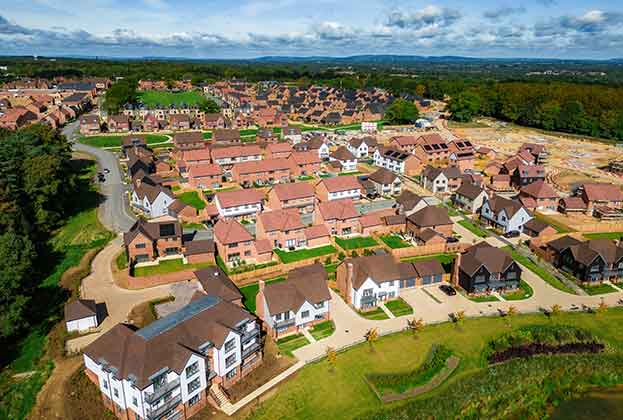No matter how keen you are to find a rental property, you should never rush into a tenancy without knowing your rights and responsibilities, as well as those of your landlord or letting agent.
Before you sign anything, read our step-by-step guide to renting a property.
What are you looking for?
Set yourself a lettings brief and include the following:
- Monthly budget including rent, heating, water and council tax.
- Commute distances and available transport to work, to see friends and family, and to any evening or weekend activities.
- How long do you want to rent for? A few months, six months, a year or more?
- What amenities (schools, hospitals, shops, restaurants) would you like close by?
ARLA member or self managed?
The advantage of opting to rent through a professional agent who is a member of the Association of Residential Letting Agents (ARLA Propertymark), is that staff understand how to let a property correctly and have signed up to a code of conduct to provide a great service to both tenants and landlords
What to ask at a viewing
If you are viewing with an agent, they will ensure the property being let is in good condition. But if you’re viewing a property directly with the landlord, questions to ask include:
- What bills will you have to pay in addition to the rent?
- What is the local area like?
- Which government approved tenancy deposit scheme will your deposit be secured with?
- Who would you call if there is a problem with the property? How quickly will they respond?
Make sure you also see an Energy Performance Certificate and Gas Safety Record for the property. While not required by law, some landlords may also provide an Electrical Safety Condition Report.
Your references
Once a rent has been agreed, the landlord or letting agent should carry out referencing checks to ensure you or a guarantor can pay the monthly rent.
ID Checking & Immigration Act 2014
You will also be asked to provide two forms of ID: one photographic, such as your passport or driving licence, and the other to confirm proof of current address, usually a utility bill or bank statement dated within the last three months.
From 1 February 2016 there is an obligation on landlords to ensure that any tenant has the 'Right to Reside' in the UK. Generally, if you live within the UK or EU then your passport is confirmation of your Right to Reside, but if you live outside the EU, proof of your valid visa or biometric card will also be requested.
What about a deposit?
For rent of up to £100,000 per year (on an assured shorthold tenancy agreement), a deposit of either 5 weeks for rents under £50,000 per year or 6 weeks for rents over £50,000 per year will be required.
Reputable agents will register your deposit with the Tenancy Deposit Scheme which affords you the protection of your deposit and access to an independent party if required at the end of your tenancy.
Your point of contact
If they are not managing the property, a good agent will ensure you have contact details for your landlord. If they are managing the property, they will appoint a dedicated property manager to assist you with any issues or queries. Savills do this but smaller companies may not have a dedicated person.
(1).png)
.jpg)

.jpg)




.jpg)

.jpg)